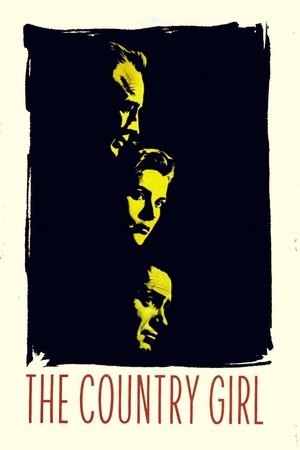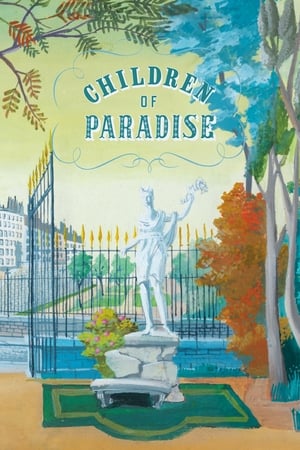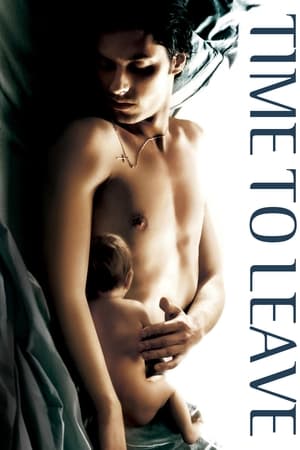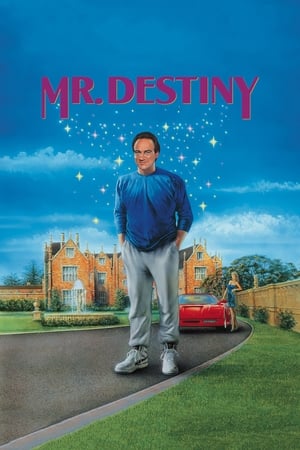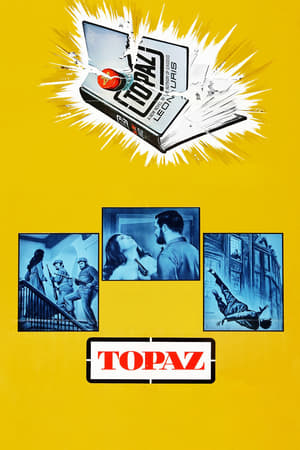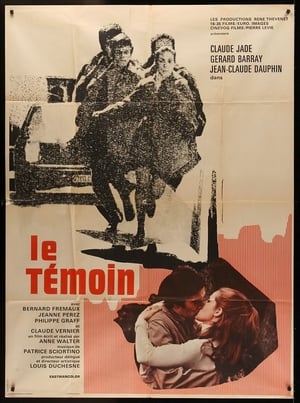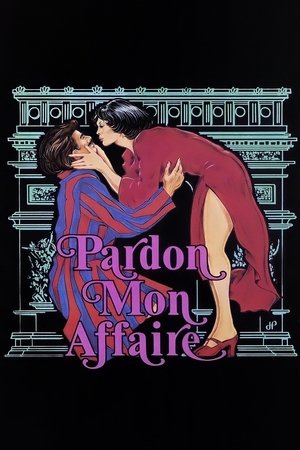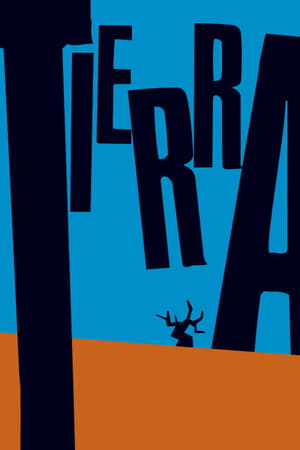Overview
As a patriarchal family yearns for the birth of a son to continue their family line, their youngest son secretly joins an erotic dance theatre and falls for its transgender starlet.
Reviews
I guess people have forgotten the difference between the meanings of "promotion" and "depiction". For those who really don't know what these words mean: promotion means to encourage, to support something. And depiction means to show something, to make people aware of something by showing it to them.
Now, Joyland, nowhere in its 126 minutes run supports or encourages or "promotes" homosexuality or anything that is anti-Islamic. In fact, this isn't even the only theme of the film. It covers pretty much every aspect of the domestic life of a lower middle-class Pakistani man and a woman (I didn't mention transgender persons because those poor things have only one class of lifestyle). It shows every harsh reality of our society. It shows all the plagues our country is being devoured by, those which aren't remotely related to Islam but have become a part of our tradition despite being highly toxic. These are the stigmas that we suffer from in our lives but no one wants to get rid of them because they have been here for so long that they have become normal. And a life without them would be abnormal or even disgraceful and shameful according to our "elders".
The film does show the homosexuality that exists in our country. It doesn't tell whether its good or bad, it just shows it. The only thing that could be a negative point in my opinion would be the graphic scenes. They weren't really that necessary.
In the end, I would say that Joyland is probably the best film that's come out of Pakistani industry in a long time. We need to support such films and accept the existence of all the brutalities of the society they make us aware about. And lastly, try to do something about them.
The title here is a theme park that features only tangentially in this enjoyable and potent tale of "Haider" (Ali Junejo). He lives with his extended family, unemployed, whilst his wife "Mumtaz" (Rasti Farooq) goes to work. He is a bit put upon: he must carry out many of the household chores - even doing the ironing for his brother "Saleem" (Sameer Sohail). His brother has just had a child - another daughter and his father (Salmaan Peerzada) is desperate for a boy to carry on the family name. "Haider" goes and gets himself a job - and an unlikely one, at that. HeThanks to his friend, he auditions for a dancer's job at the local theatre and despite having two left feet, manages to secure a job at ₹40,000 per month for just two concerts. He fibs to his family about the exact nature of the job, and is soon flailing around at the behest "Biba" (Alina Khan) who is the undoubted star of the show. As we progress, however, we discover that there is a bit more to "Biba" the originally thought and as the two become friends we also discover a little more behind the reasons why a son is so slow in coming for the otherwise loving married couple. There is an effective chemistry between Khan and Junejo and as the story unfolds we are exposed to quite a few scenarios that challenge established (admittedly, Western) views of just how society should operate - from the role of both women and men through to the increasingly obvious issues faced by people who don't run in that linear two-horse race. It is funny at times and the dialogue is efficient at helping this characterful story along towards the denouement. Now this is where I felt a little disappointed. Not that it doesn't work - but somehow it seemed to me to be a bit of a sad cop-out from the writers who almost seemed to go along with the prevailing spirit of compliance at all costs. Still, you must judge that for yourselves if you watch it - which I suggest that you do.

 127 min
127 min
 7.361
7.361
 2022
2022
 Pakistan
Pakistan
 Faraz Khan wrote:
Faraz Khan wrote:


